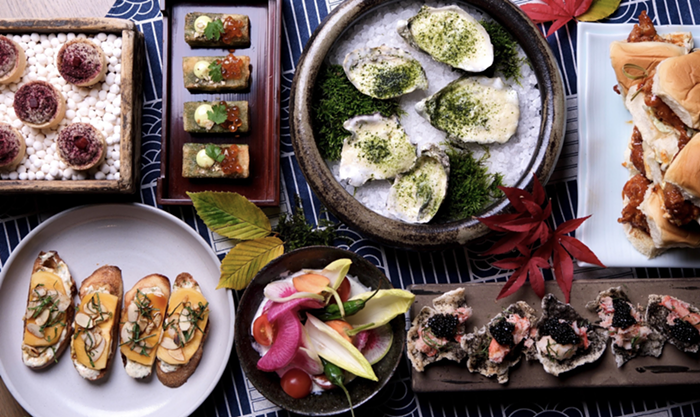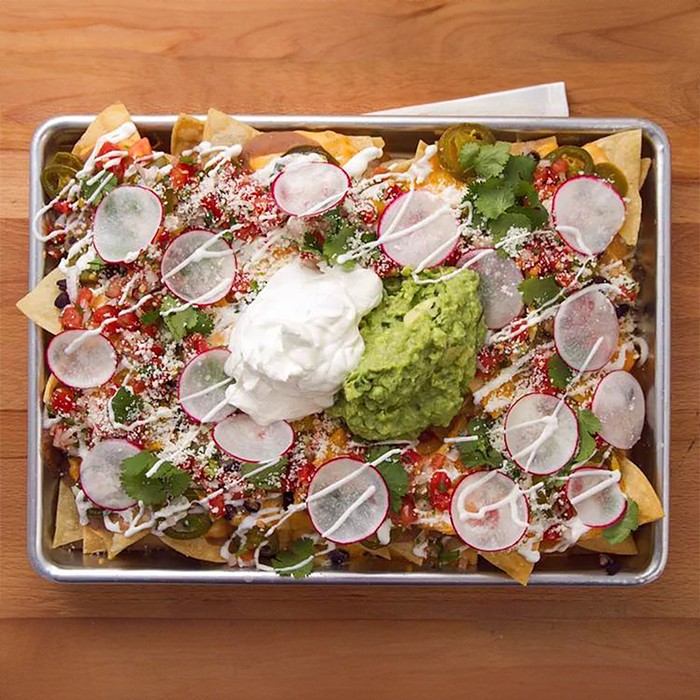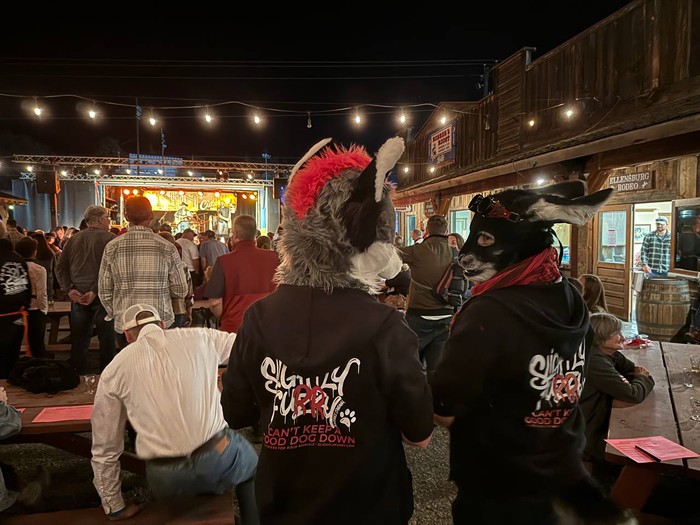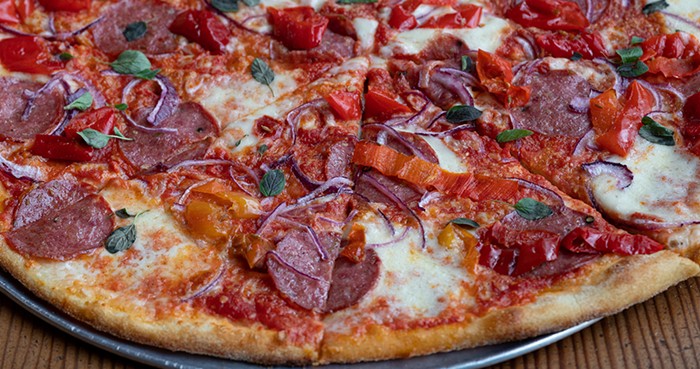Washington State's Initiative 522, which would require "most raw agricultural commodities, processed foods, seeds and seed stocks, if produced using genetic engineering as defined, to be labeled as genetically engineered when offered for retail sale," qualified for the ballot this month.
Although nationally more than 90 percent of the American public thinks GMO foods should be labeled, there's still some disagreement. If knowing the Seattle Times editorial board's position on an issue tends to help you make up your mind, they came out today in opposition to I-522:
Consumers absolutely have a right to know what they are eating is safe, but Initiative 522’s purpose of singling out genetically engineered foods for labeling isn’t the answer to our health questions...
The dialogue should center on science. And so far—there is no reliable evidence crops containing genetically modified organisms, commonly referred to as “GMO” foods, pose any risks.
They also point out that GMO salmon and wheat, which really freak people out, are both "years from entering the market," (no worries, then!) and they offer some "frank talk: People already have the option of buying GMO-free foods from producers who farm organically or who choose to self-label."
On the opposite side of the labeling issue is PCC Natural Markets, which is spearheading the yes on I-522 campaign. They point out that GMO labeling has been enacted in 63 countries, it would offer Washington consumers clearer choices, and it would preserve Washington farmers' relationships with GMO-sensitive trading partners like Japan, China, and the European Union.
In other I-522 news, the citizen who filed the initiative, Chris McManus, distanced himself from the campaign recently to focus on his family and his business, both he and a PCC spokesperson told me.


















